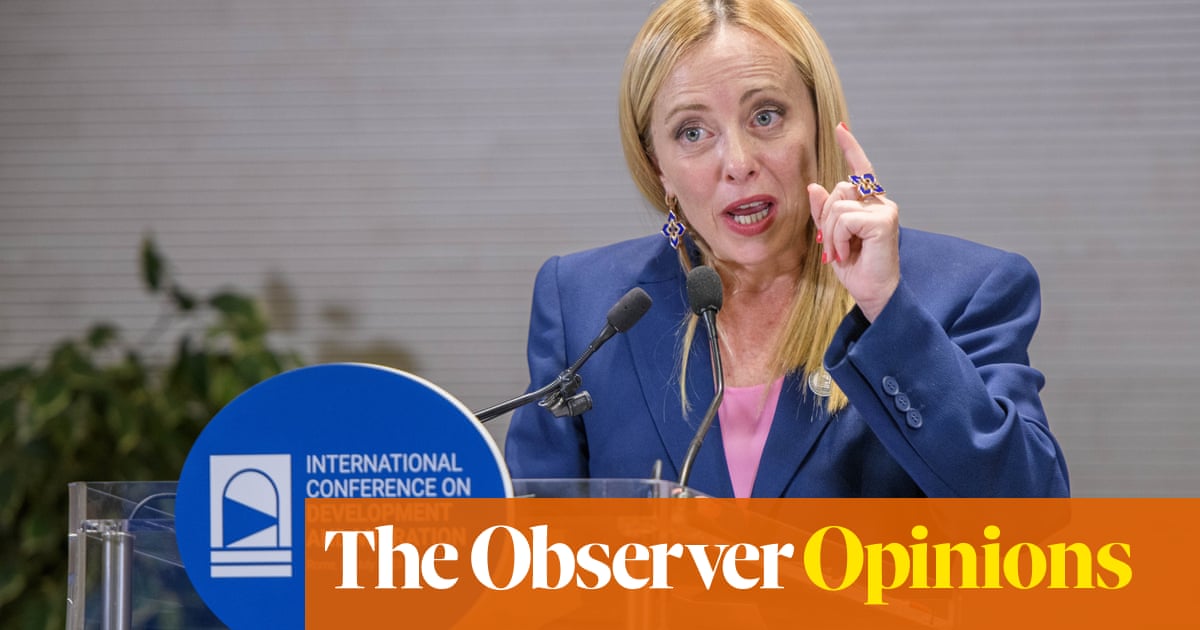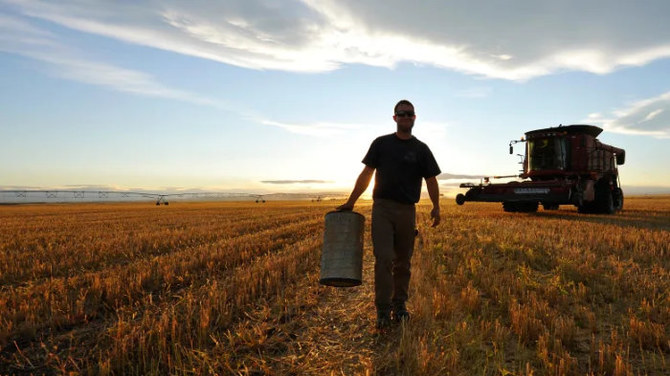
The Iranian regime is trying to subjugate the 5 million people of the Khuzestan Province, which is within the country"s borders.
Khuzestan, which is one of the 31 provinces of Iran and is 63,000 square km in size, is part of the ancient history of the Near East civilizations. Its name means “land of the Khuz,” in reference to the indigenous population of the region. The Islamic conquest of Khuzestan occurred in the year 639, commanded by Abu Musa Al-Ash’ari from Basra, who drove the Persians out. During the time of the shahs, the central government in Tehran was engaged in a low-intensity conflict with the inhabitants of Khuzestan. Currently, most of its people are Ahwazi Arabs, predominantly Shiite Muslims.
There are many political groups inside the province. They have articulated many demands and some of their pleas have reached the Arab League. Their complaints center on the denial of their rights by the regime in Iran, which is manifested in the confiscation of their land and the reduction of the size of their territory. The government forbids the teaching of the Arabic language and the celebration of many Islamic feasts. Its policies aim to eradicate the Arab identity of the people.
There is stark discrimination in the treatment of the Arabs compared to the Persians living in Khuzestan, as the Arab population suffers from a lack of adequate basic services. Most, if not all, of the projects Iran initiated in Khuzestan have been total failures, leading to serious economic depression and an increase in poverty. Tehran exploits the province’s natural resources, especially its oil, with no economic returns to its population.
Citizens’ health has widely deteriorated as Iran uses the province as a dumping ground, causing an environmental catastrophe. The agony of the people of Khuzestan is exacerbated by the government launching constant arrest campaigns, with summary executions often implemented.
The Iranian regime’s policies aim to eradicate the Arab identity of the people.
Maria Maalouf
Unfortunately, a number of Ahwazi leaders have been detained by the authorities in Europe. They are members of the Arab Struggle Movement for the Liberation of Ahwaz and include Habib Jaber, the leader of the movement, his brother Nasser, and media office chief Yaqoub Hor Altostari, who were all arrested in Denmark in February. Also detained in the Netherlands was Issa Al-Fakher, an Ahwazna TV host. The police in Denmark revealed that, in 2018, an Iranian death squad had been sent to assassinate Habib Jaber.
The world appears to be waking up to the notion that the atrocities of the Iranian regime perpetrated against the Ahwazi people should be recorded and denounced. The US no longer continues with the complacency over the persecution of the Ahwazis that was adopted by the Obama administration. For example, a recent report on Iran’s illegal activities issued by the Department of State mentioned the role of Iran’s militias in spreading terror, its financial irregularities that fund terror groups and undermine the stability of global monetary transactions, and its serious violations of human rights, including the use of arbitrary arrests, torture, and killings.
There are those in the Arab world who always boast of their calls for the liberation of Palestine. Yet, here lies the irony and the paradox. Those who want to help the Palestinians should also be considerate of the Arabs of Iran, who face the most vicious regime in our contemporary world.
The whole world should be aware of the fact that the Iranian regime survives thanks to the repressive policies it has been adopting since it came to power in 1979. It is not a stable regime and will fall soon. It is obvious that, as the ruling regime’s end nears, it becomes more barbaric. The world should no longer remain silent on the crimes of the Iranian government against the Ahwazi people.
While we salute their struggle and sacrifices toward their ultimate liberation from the bloody grip of the Iranian regime, we call on the governments of the free world to stand by the Ahwazi people. It is high time the UN and its human rights organs, along with the EU, monitored the aggression of Iran against the human rights of all its people, especially the Arabs of Khuzestan. There must be an accurate documentation of all the abuses Iran has been committing against the inhabitants of Khuzestan.
This should give rise to a face-off between the EU and the government in Iran, with Europe compelling the regime to change its policies toward the Ahwazis and to give these people their rights. Such an effort should be cognizant of the fact that, since November last year, there has been a series of protests against the government by Ahwazi Arabs in Khuzestan. Shamefully, the Islamic Revolutionary Guard Corps was deployed to one of the protests and fired against the peaceful demonstrators, killing many of them in what came to be known as the “Massacre of Mahshahr.” There has to be an international investigation into this crime.
The restlessness of the Ahwazi people will never stop unless they are fully liberated from the Iranian occupation of their land. Hopefully, what would then follow would be the freeing of the four Arab countries that have been condemned to the tyranny of an Iranian presence on their lands.
* Maria Maalouf is a Lebanese journalist, broadcaster, publisher and writer. She holds an MA in political sociology from the University of Lyon. Twitter: @bilarakib
Disclaimer: Views expressed by writers in this section are their own and do not necessarily reflect Arab News" point-of-view












